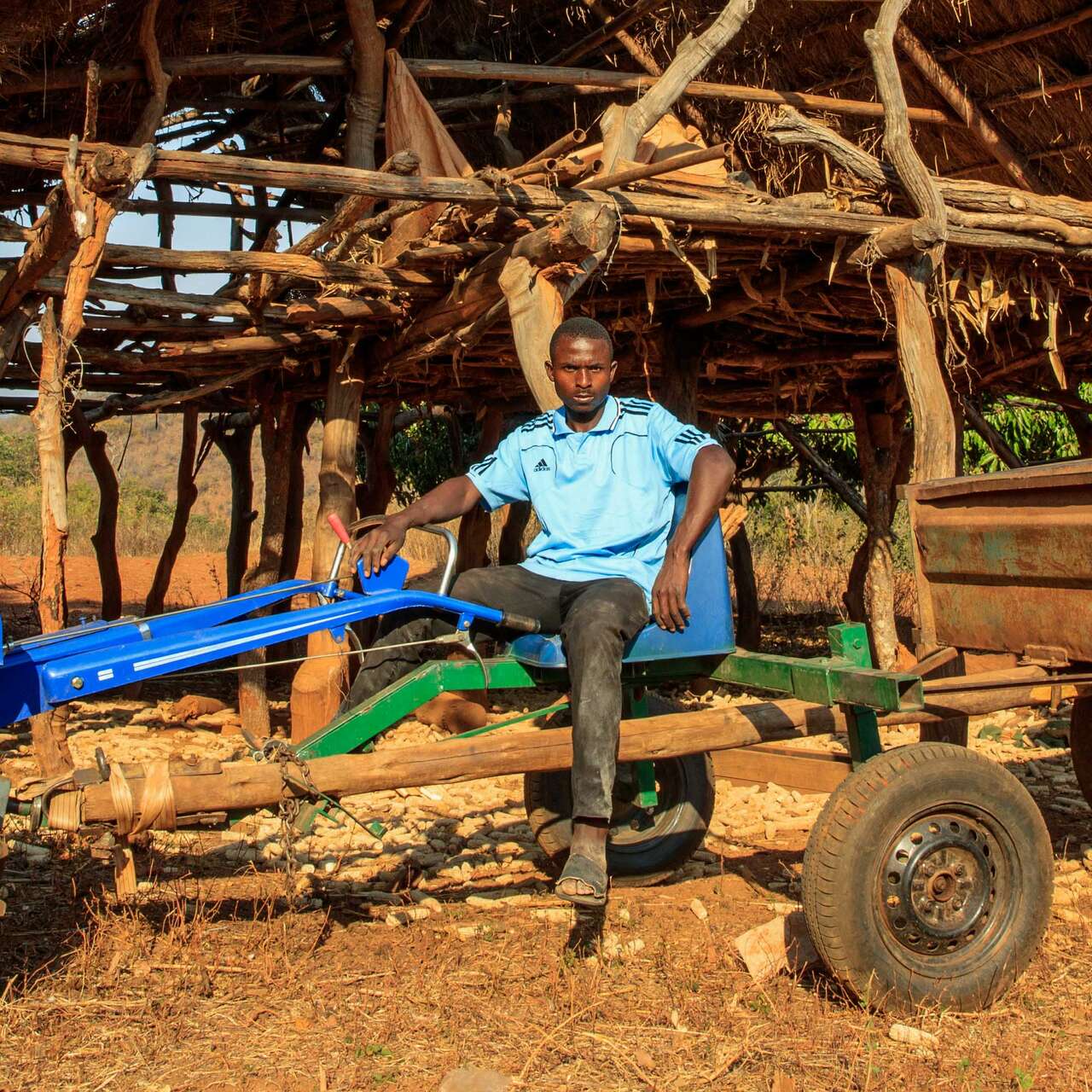Country facts
- Population: 14.15 million
- People affected by current crisis: 4.4 million
- Rank in Human Development Index: 146 of 191
IRC response
- Started work in Zimbabwe: 2008

The International Rescue Committee first began working in Zimbabwe in 2008, following a devastating cholera outbreak. We continue to provide vital support to Zimbabweans who are coping with natural disasters while struggling to recover from a decade-long economic decline.